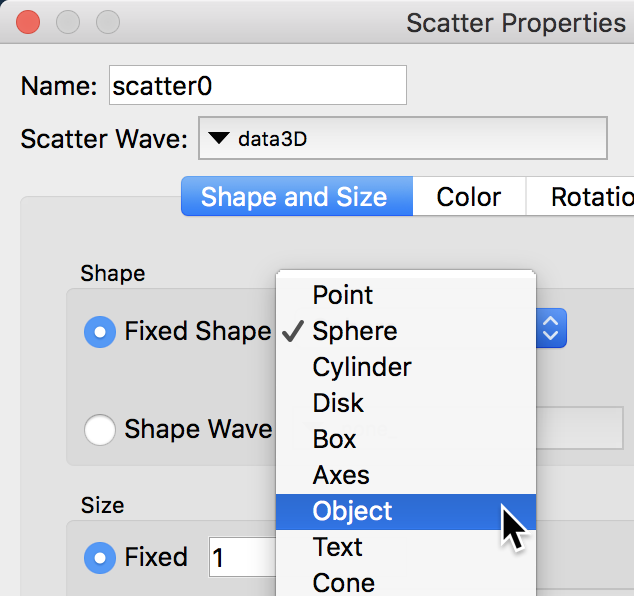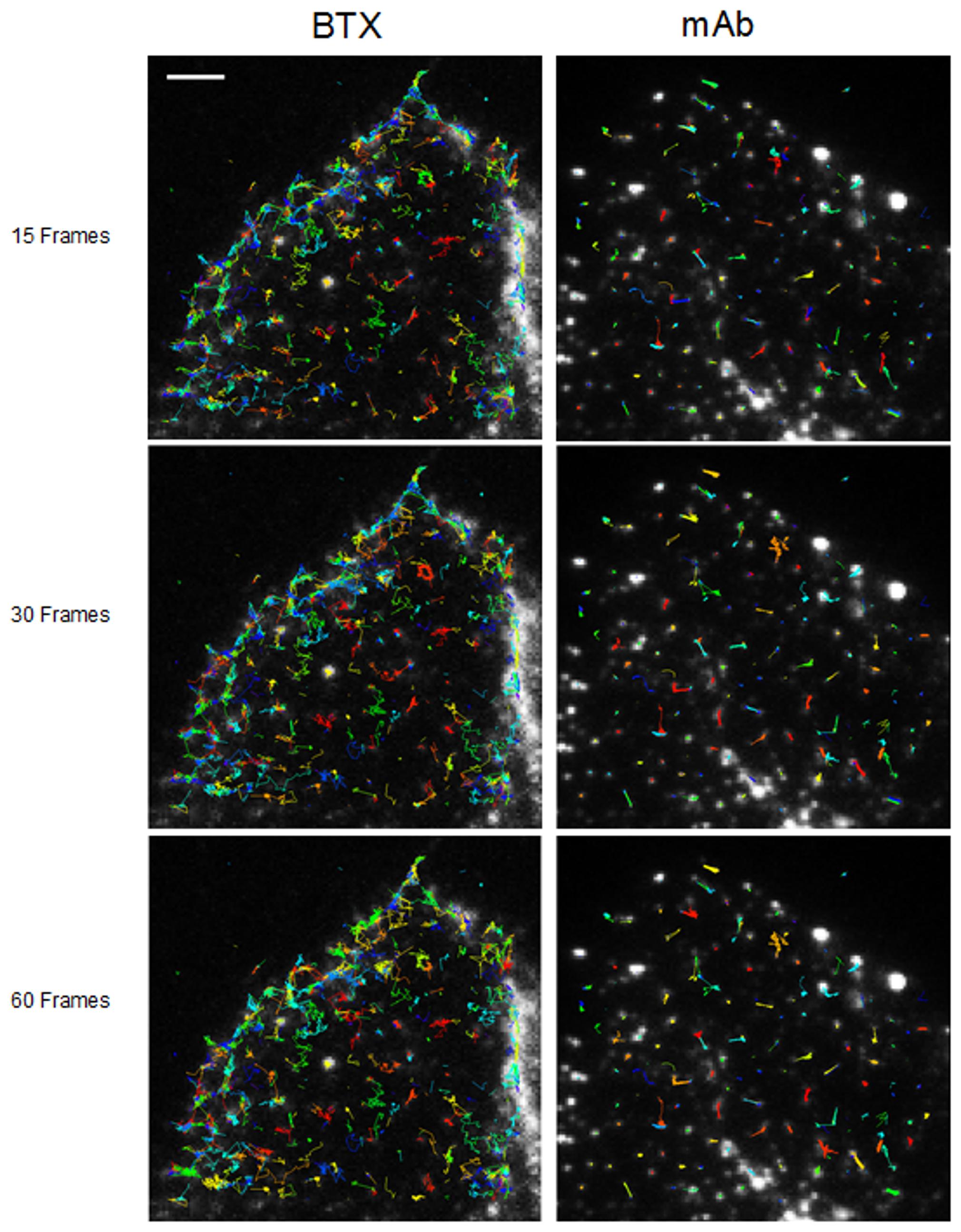
Over the past decade, a differentiation-based developmental model for solid tumors has emerged providing insights into the biology of various solid tumors as well as identification of targetable pathways capable of re-activating blocked terminal differentiation programs. However, interest and application of differentiation-based therapy for the treatment of solid malignancies have lagged due to deficiencies in our understanding of differentiation pathways in solid malignancies. The promise of differentiation-based therapy as a viable treatment modality is perhaps best characterized by the addition of retinoids in the treatment of acute promyelocytic leukemia (APML) revolutionizing the management of APML and dramatically improving survival. Differentiation therapy involves the use of agents with the ability to induce differentiation in cells that have lost this ability, i.e. Genetic and epigenetic events within a cell which promote a block in normal development or differentiation coupled with unregulated proliferation are hallmarks of neoplastic transformation. Keywords: Differentiation therapy, soft tissue sarcoma, retinoids, histone deacetylase inhibitor, PPAR-gamma agonist, trabectedin.


Filemon Dela Cruz 1 and Igor Matushansky 2ġ Division of Pediatric Oncology, Department of Pediatrics, Columbia University College of Physicians and Surgeons, New York, NYĢ Division of Medical Oncology, Department of Medicine, Columbia University College of Physicians and Surgeons, New York, NY


 0 kommentar(er)
0 kommentar(er)
